

The nine neighborhoods of West Louisville are home to an abundance of both historic and burgeoning assets, however, historic redlining and the associated disinvestment that followed have kept the area cut off and isolated from the economic success and growth seen in other parts of the city. Leaders from all angles – government, neighborhoods, businesses, and nonprofits – are coming together to support West Louisville.
In the past decade, at least $1 billion from both public and private sources has been channeled to address disinvestment in the area. JGBF aims to support that trend by making grants with the goal of increasing social and economic mobility for West Louisville residents. JGBF prioritizes proposals that do the following:
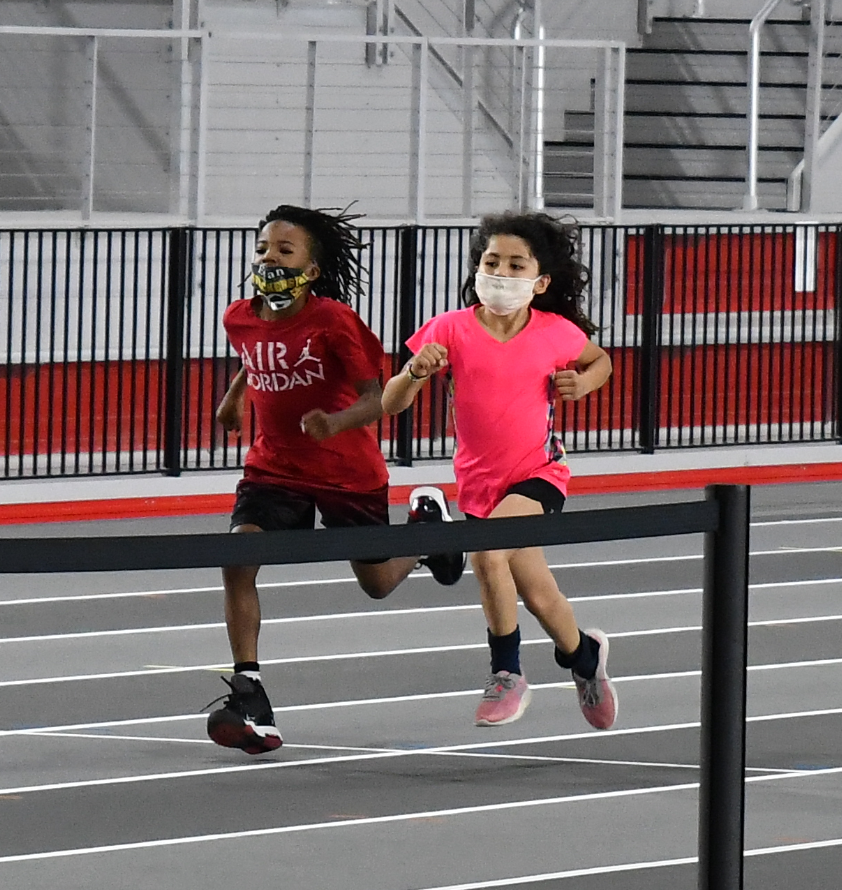
By transforming the athletic and economic scene in west Louisville, Louisville Urban League aims to lessen decades-long neglect and discrimination through the new Norton Healthcare Sports and Learning Center. Not only does this new complex offer local youth with a safe, positive place to gather and explore their creativity, but it also cleared a 24-acre contaminated brownfield and will transform other nearby abandoned properties into shared green spaces, homes, and a thriving learning space. This new facility positions Louisville as a world-class indoor track destination, promoting sports tourism and spurring growth within the hospitality industries by drawing an estimated 20,000 to 30,000 annual visitors to the area during indoor track season alone.
The Russell neighborhood is one of the many west Louisville neighborhoods that has been disconnected and isolated from the city for decades. The Village @ West Jefferson counteracts this isolation by serving as a gateway to the Russell community, providing a new retail and office building for residents and business owners. Overall, this space provides both neighborhood retail and locally accessible programs and services that prepare residents for jobs, homeownership, and entrepreneurial opportunities.
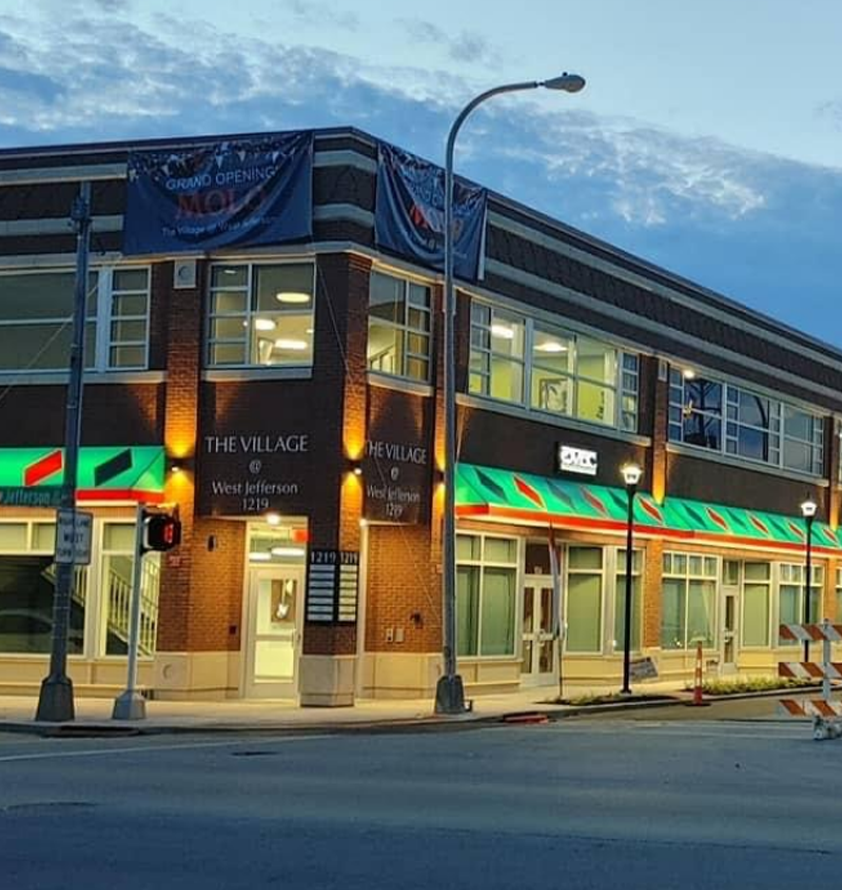
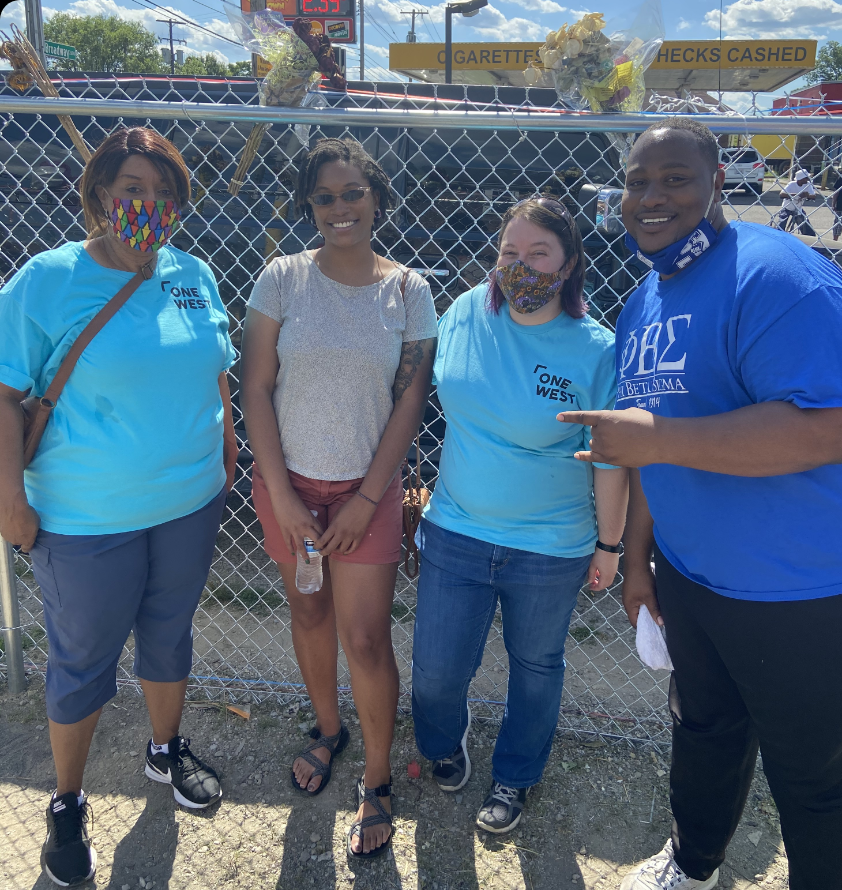
OneWest recognizes that community development investments made in low-income and under-invested neighborhoods report increased property values, increased income, lower crime, and improved health and quality of life. OneWest is furthering its mission to elevate west Louisville by developing commercial and mixed-use properties through the creation of “The Plan Room.” By focusing on commitment to community-led projects rather than prescriptive ones, this accelerator reflects the needs of the community and provides resources to local minority business owners and entrepreneurs. It builds community wealth, investment, and keeps opportunities available to the west Louisville community.

Eastern Kentucky is a vibrant place. It has inherent natural beauty and is one of the most ecologically diverse places on earth. It is home to rich culture that is rooted in place and driven by resourceful and resilient people. Even still, the region lags behind the rest of Kentucky and the U.S. in many indicators of prosperity. The region’s economy has historically been over reliant on a single industry - coal. Its decline has led to deep economic distress.
In recent years, momentum has been building toward a transition to a more diversified and thriving economy. But communities and their economies remain fragile, particularly after enduring the economic shock of the COVID-19 pandemic and natural disasters. JGBF makes grants with the goal of accelerating long-term economic transition. JGBF prioritizes proposals that support efforts to:
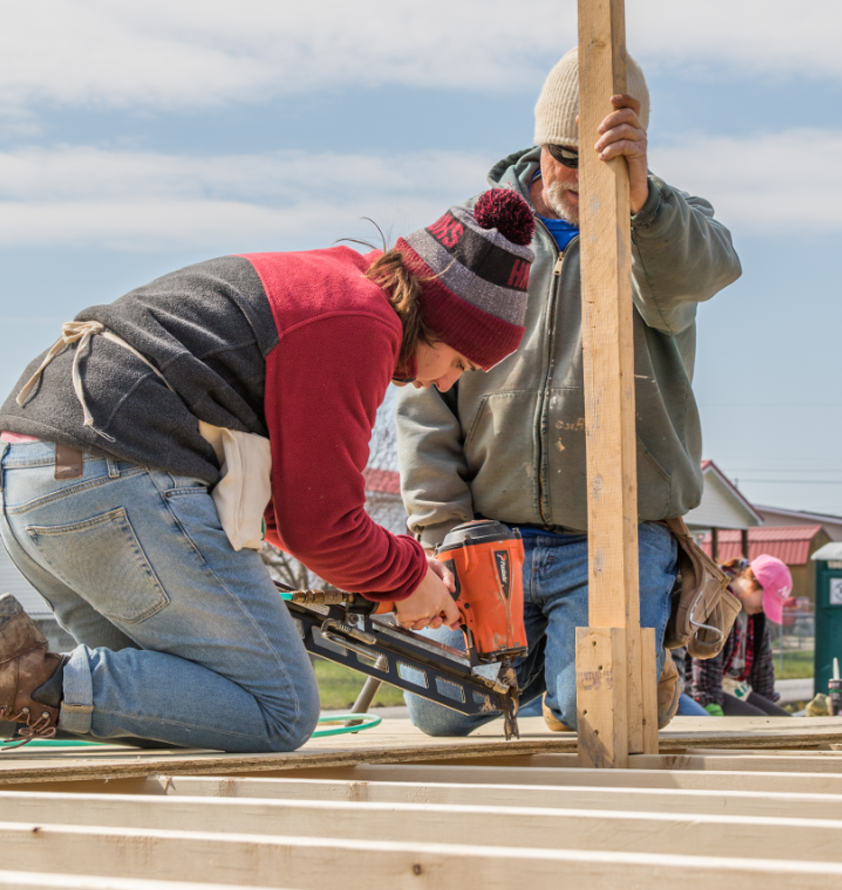
The Foundation for Appalachian Kentucky (FAKY) and the Appalachian Impact Fund (AIF) provide support for small businesses throughout Appalachian Kentucky. Their work focuses on transitioning Appalachian Kentucky to a post-coal economy. FAKY provides small business owners critical marketing and accounting expertise, access to additional capital, and a network of fellow entrepreneurs for mentorship and support needed. AIF recognizes that access to capital is a large impediment to economic progress and prosperity in Eastern Kentucky. AIF provides a centralized platform for public, individual and philanthropic investors that leverages creative capital. Overall, both organizations provide economic mobility for Eastern Kentucky through support of smaller businesses.
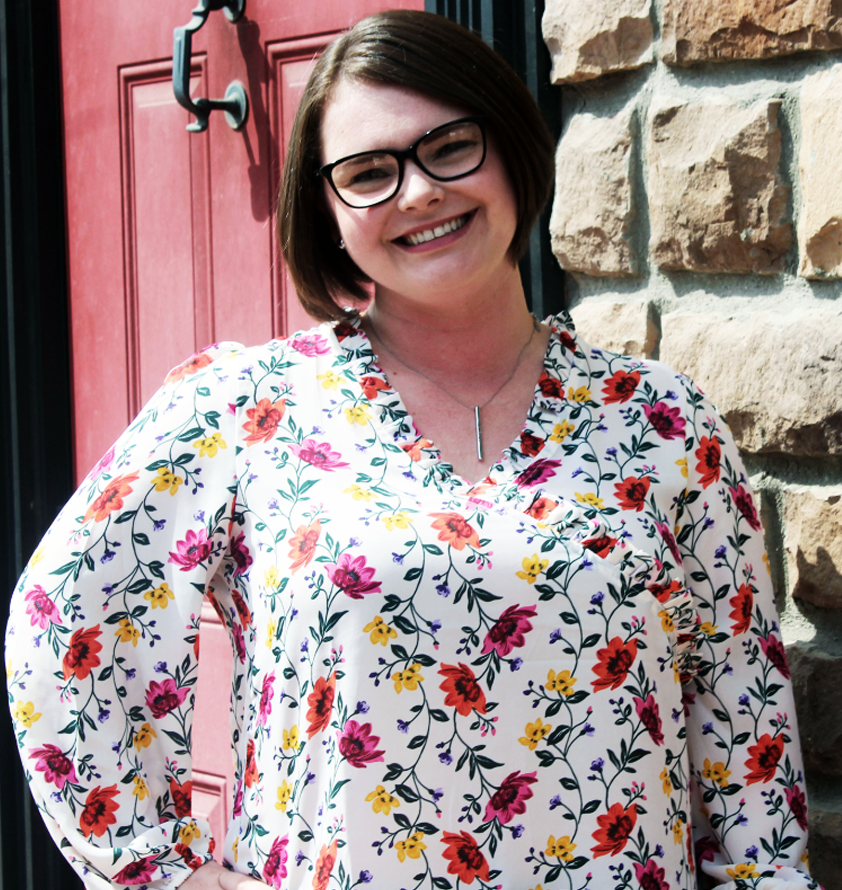
Redbud Financial Alternatives is a certified community development financial institution that provides an alternative to payday lenders in the Eastern Kentucky region. In Perry County, payday lenders loan $26 million annually, which translates to $2.8 million in predatory fees extracted every year from this persistent poverty area by these lenders alone. Redbud provides affordable, accessible credit that lifts people out of relationships with predatory lenders and builds their skills to position them to pursue dreams of homeownership, career advancement, education, and more. For example, when Blackjewel abruptly closed its mines and did not pay the miners, Redbud created a response loan to cover the miners’ expenses. After two years of piloting products, policies, and procedures, Redbud has served 51 families with 150+ hours of financial education and $15,000 in fair loans.